Which company does not seek to work with data to obtain insights for decision-making in its business? Information analysis can support processes to improve the customer experience, create better products, and gain efficiency, in addition to the possibility of benefiting in so many other ways.
There’s no doubt that making data-driven decisions is vital in today’s world. And companies that have a data-driven culture, in a way, manage to get more out of their transactional and analytical systems.
But for that, it is not enough to just store and have some specific views of data – this information alone will not support you strategically and assertively. It is necessary that people, more broadly and horizontally within the organization, can consume the data, analyze it and extract knowledge and insights without limits or barriers.
For this scenario to be feasible in your organization, it is important to look at the user who will use this information, it is not enough to think of a professional with technical knowledge of data analysis platforms. It is necessary to broaden the field of vision and not restrict access to data only to technical people but grant access to professionals with in-depth knowledge of the business, processes, and other prisms that can generate immeasurable insights and value for the company.
And it is at this point that the key lies for us to begin to bring the concept of the culture of data democratization into companies. With it, it is possible to allow people without deep technical knowledge to have access to information and data in a safe and controlled way. Understand, it is not just allowing everyone to have access to all data, it is to enable users to use, analyze and generate value in a governed, organized, treated, and reliable way with the information, which can support them in decision-making for their areas and company.
A study by Harvard Business Review Analytics Services, released in March 2020, reveals that 97% of leaders believe that data democratization is essential and fundamental to the future of companies. However, only 60% believe that companies are already effective in giving this access to employees, and only 7% of employees say that the democratization of data is present in their organizations.
Paths to data democratization
It is a fact that most companies still have a long way to go to implement a data culture within their organizations. Therefore, I list below some points that I believe are fundamental and should be considered when starting to adopt a data-driven culture:
- Accessibility: all people should have access to information, regardless of their position or technical knowledge;
- Transparency: data must be understandable and easy to understand so that people can use it to make decisions;
- Accountability: Data democratization requires organizations that collect and use data to be transparent and accountable for ensuring data privacy and security;
- Analytical Capabilities: Analytical platforms should abstract most of the existing technical complexity, allowing greater analytical capabilities at the edge for users. Self-service Analytics is one of the most important capabilities within data democratization.
These four points are fundamental for data democratization to bring innovation and new insights into organizations. These aspects can also generate greater equity within companies, with a greater number of people having access to the same information and resources to further drive the business strategy as a whole.
*The content of this article is the author’s responsibility and does not necessarily reflect the opinion of iMasters.


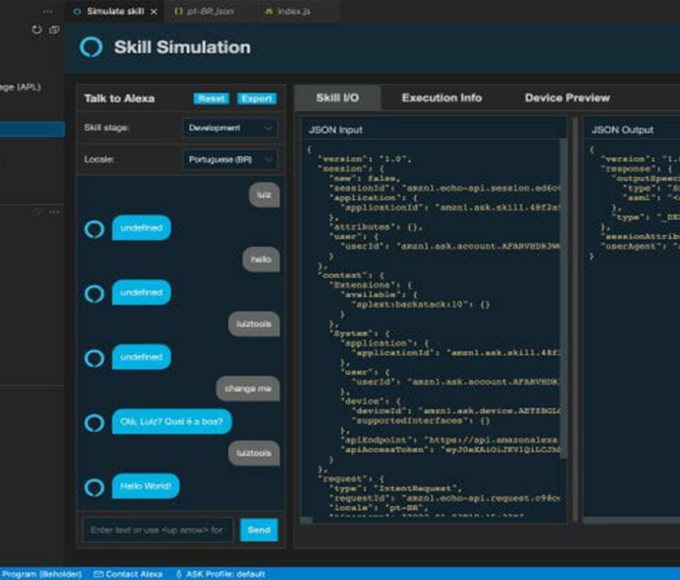





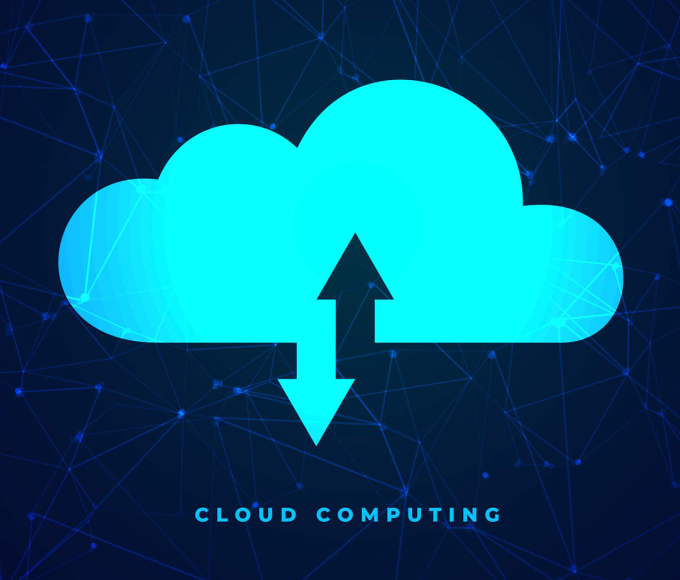
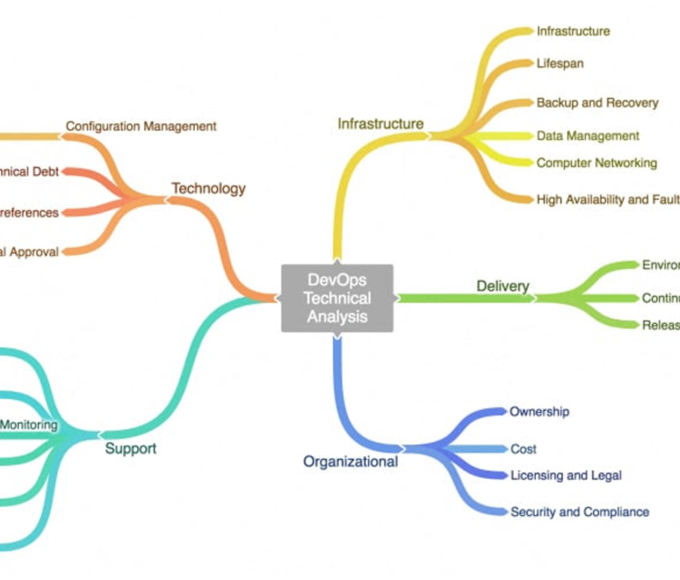




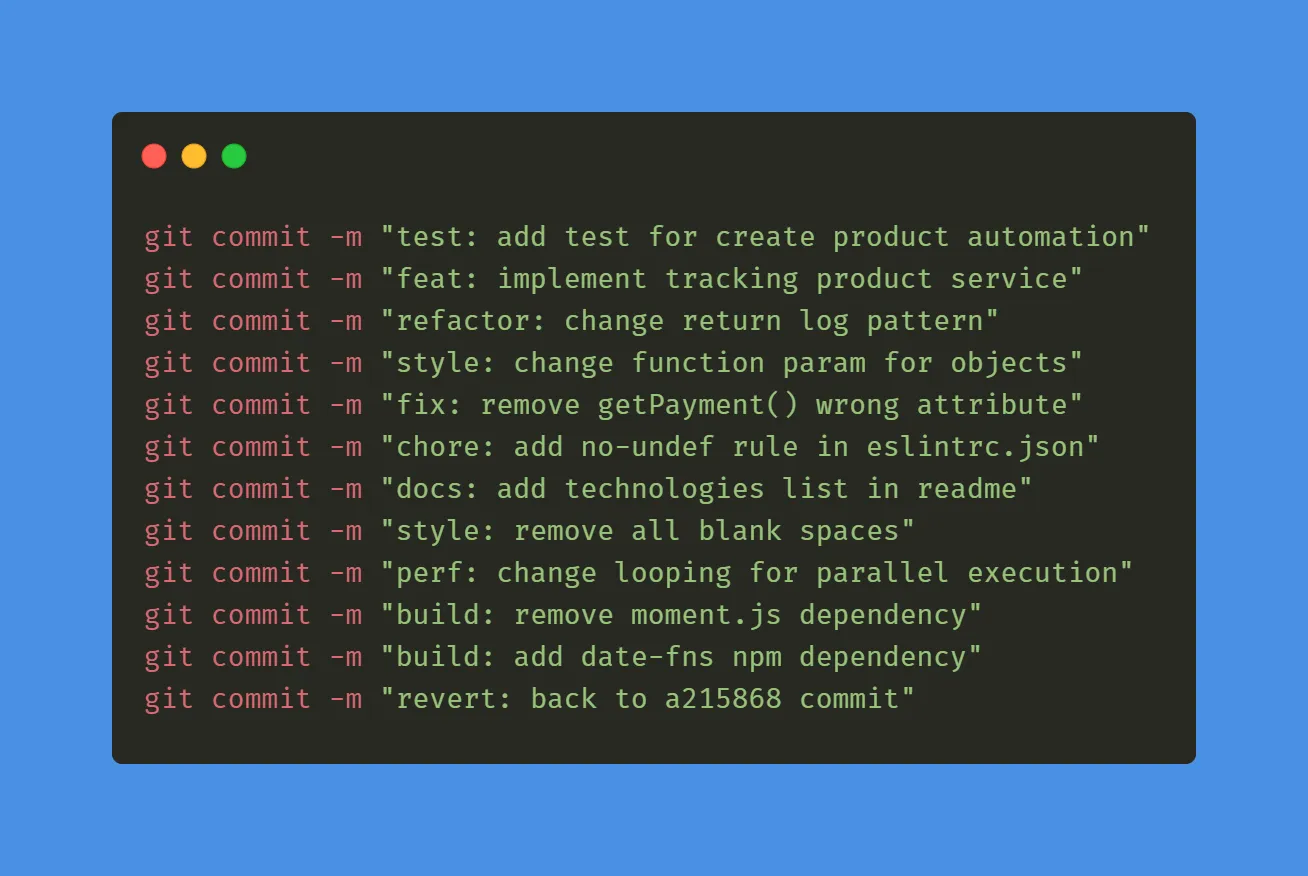

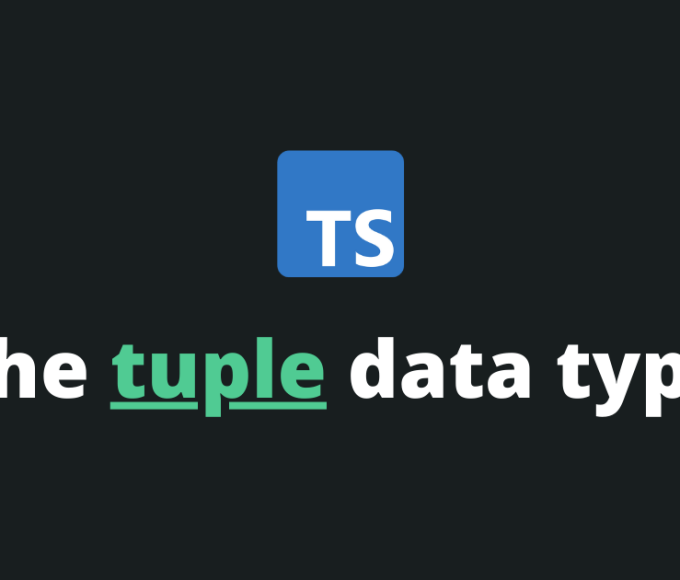











Leave a comment